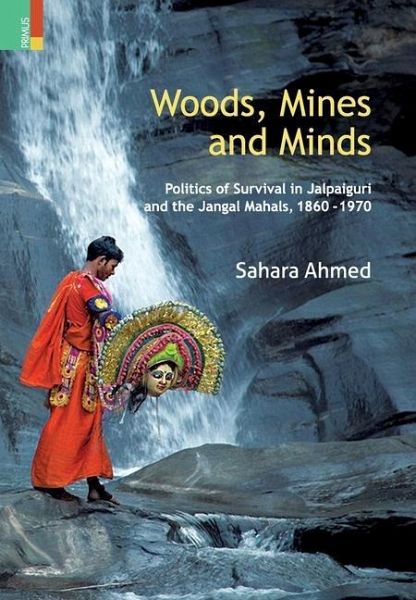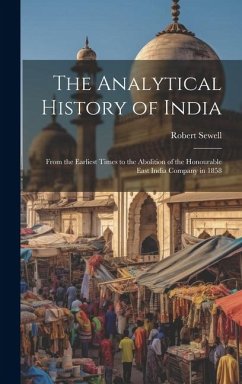Nicht lieferbar

Woods, Mines and Minds: Politics of Jalpaiguri and the Jungle Mahals, 1860 - 1970
Versandkostenfrei!
Nicht lieferbar
Woods, Mines and Minds: Politics of Survival in Jalpaiguri and the Jungle Mahals deliberates upon a wide spectrum of events and processes as it endeavours to trace the ecological changes brought about by the evolution of two industries, forestry and mining, and their eventual institutionalization in the Bengal Province. An analysis of the topographical changes in this region is essential to render an understanding of the dialectics of colonial rule. The focus on regional history unravels the myriad ways in which colonial intrusion transformed the production process, as well as investigates its...
Woods, Mines and Minds: Politics of Survival in Jalpaiguri and the Jungle Mahals deliberates upon a wide spectrum of events and processes as it endeavours to trace the ecological changes brought about by the evolution of two industries, forestry and mining, and their eventual institutionalization in the Bengal Province. An analysis of the topographical changes in this region is essential to render an understanding of the dialectics of colonial rule. The focus on regional history unravels the myriad ways in which colonial intrusion transformed the production process, as well as investigates its impact on the local social fabric. The role of the State, the local stakeholders and the power-liaisons in the colonial and postcolonial period, together with the devolution of authority under the independent government are also examined. The transformation of the two regions, Jalpaiguri and Jungle Mahals into effective official departments, in particular, raises several questions concerning policy implementation and the viability of these institutions as revenue generating bodies ensuring the economic and political intransigent of the colonial state. The vexed issue of development, which had to accommodate the legacy of the erstwhile regime, the proclivities of the rulers, and the resistance offered by the ruled, covert as well as overt, also deserves attention.












